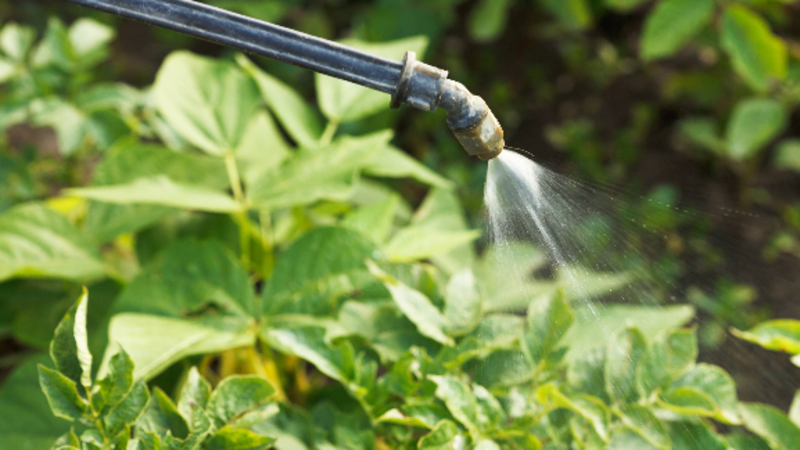44 pesticides banned or likely to be banned by EU in 2019 or 2020

Another of the world’s most commonly used pesticides is coming under increasing scrutiny from the EU Commission and from member states, and may be banned.
Mancozeb was approved in the EU in 2006 for very wide use.










